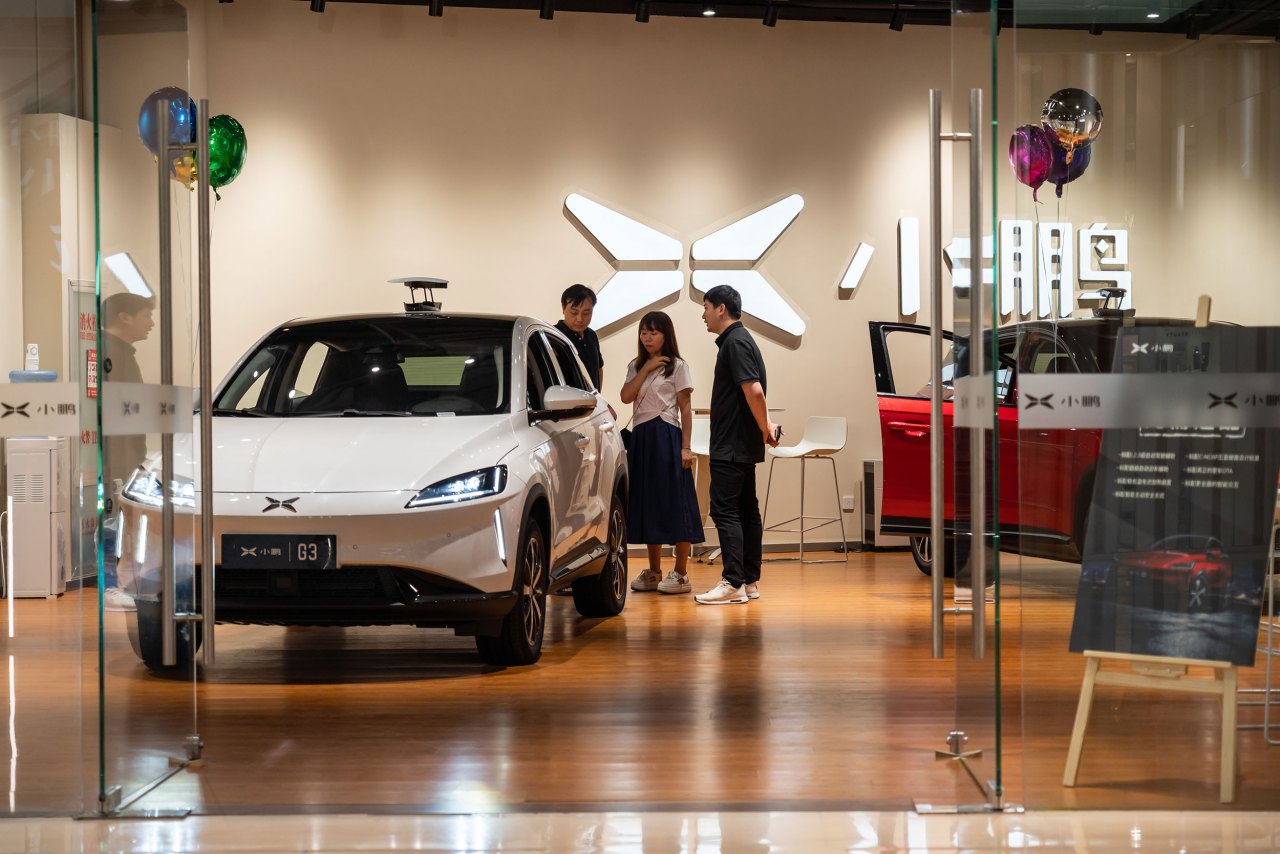In the rapidly changing world of electric vehicles (EVs), the departure of prominent figures can signal significant shifts in strategy and innovation. This holds particularly true for XPeng, a notable player in the Chinese EV market and a rival to Tesla, which recently announced the resignation of its vice president of autonomous driving, Xinzhou Wu. As valuable expertise exits and new alliances form, the future of autonomous driving technology is becoming ever more intriguing.
Xinzhou Wu: A Key Contributor
Xinzhou Wu’s tenure at XPeng marked a pivotal phase for the company as he championed the development of its autonomous driving capabilities. With a remarkable background at Qualcomm and extensive experience in the tech world, Wu was instrumental in elevating XPeng’s positioning within the competitive electric vehicle landscape.
His role as the head of XPeng’s autonomous driving department involved steering the creation of the company’s sophisticated driver assistance system, the XPeng Navigation Guided Pilot (XNPG). This standout system, akin to Tesla’s Full Self-Driving system, has fostered advancements in smart navigation, allowing XPeng to gain traction among first-tier cities in China such as Shanghai and Guangzhou.
A Major Shift: What Lies Ahead?
The news of Wu’s resignation appears to be linked to personal and family reasons; however, speculation abounds regarding his next venture, which many rumors suggest may involve a senior position at Nvidia. This potential move highlights the ongoing collaboration between Nvidia and XPeng, which has remained steadfast in pushing the envelope of autonomous technology.
The anticipated shift in leadership, with Liyun Li stepping in as Wu’s successor, raises questions about continuity in XPeng’s innovative streak. As He Xiaopeng, the company’s CEO, expressed confidence in Li’s abilities, the successful transition suggests that XPeng is positioning itself to maintain its momentum in autonomous driving development.
Implications for XPeng and the EV Industry
- Talent Retention: Wu’s departure is regarded as a significant loss for XPeng, given his expertise and strategic insights. This loss underscores the importance of talent retention in shaping a company’s future, particularly in a competitive sector marked by rapid technological advancements.
- Alliances and Collaborations: The recent partnership between XPeng and Volkswagen reinforces the emerging trend of alliances among EV manufacturers. Such collaborations not only create synergies but also foster innovation through shared knowledge and resources in an increasingly interconnected industry.
- Future Trends: As XPeng works to refine its autonomous navigation systems, the focus on reducing manual takeovers speaks to a broader industry goal. Developing reliable self-driving technology is essential for all players in the sector, as consumer expectations and regulatory requirements continue to evolve.
The Road Ahead
While Wu’s resignation signifies the end of an era at XPeng, it also reveals the dynamic nature of the EV market. The interplay among skilled professionals, cutting-edge technology, and strategic collaborations illustrates the complexities involved in navigating this competitive landscape.
At fxis.ai, we believe that such advancements are crucial for the future of AI, as they enable more comprehensive and effective solutions. Our team is continually exploring new methodologies to push the envelope in artificial intelligence, ensuring that our clients benefit from the latest technological innovations. As the landscape continues to evolve, observing the trajectory of XPeng and its peers will be integral in understanding the future of autonomous driving.
For more insights, updates, or to collaborate on AI development projects, stay connected with fxis.ai.

